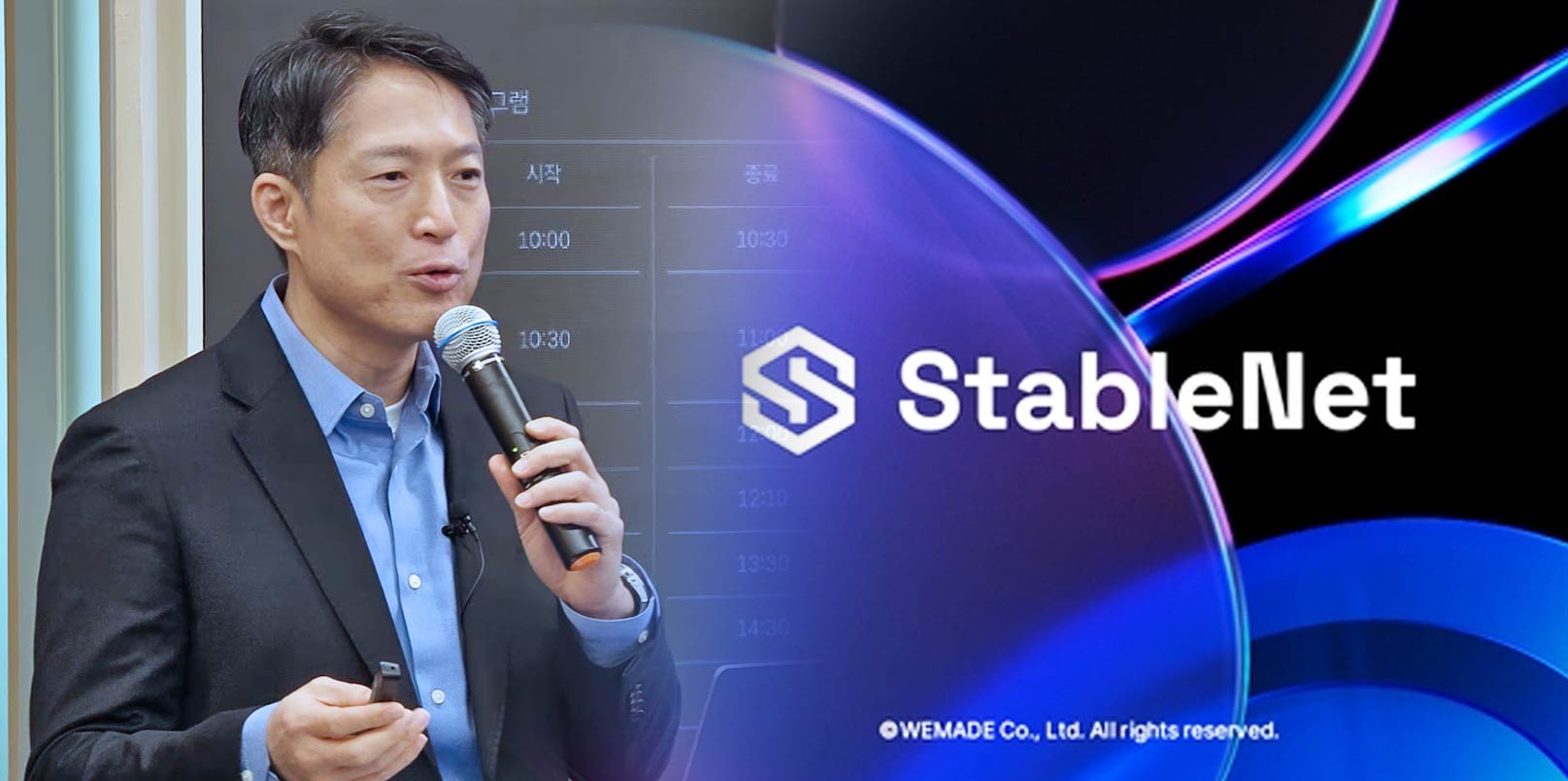Korean startup Gruut Networks is creating an alternative model to the current business model of the blockchain network, that provides fully decentralised P2P (peer to peer) open ledger service. Gruut stands for grassroots movement in various business sectors through the decentralized blockchain. It aims to achieve three important goals through this alternative model is full economic (not political) decentralization, P2P ledger for real economy, and scalability.
System to overcome current technology limitations
The current blockchain ecosystem faces challenges of economic centralisation, scalability, government regulations to combat tax evasion and money laundering that prevent blockchain and cryptocurrencies being accepted in the real economy. Gruut is hoping to solve these challenges with PoP (Proof of Population) and fiat money.
Gruut’s technology innovation team is led by Professor DaeHun Nyang of the Department of Computer Engineering at Inha University. Speaking at the forum of ‘BAIConf’, the only Blockchain alternative investment conference in the world held in the UK last year, he said, “If a new blockchain ecosystem can be activated with Gruut, the technical limitations of PoW, PoS, and DPoS-based cryptocurrency systems can be overcome. Because Gruut is a P2P platform that is run without computing power or stakes by nodes whose identities have been authenticated, it cannot be dominated by small groups, which will allow true decentralization to be achieved.”
Supporting authority to provide transparency
The company hopes that their innovation shall help lower transaction fees cost to peers operating the network by providing reliable transactions to business participants working in the real economy. Another key feature of the Gruut networks is the transaction made with fiat money, which removes price volatility with real-world commercial transactions and provides transparency and traceability to financial institutions and government authorities.
“We propose Gruut blockchain, not that we want to dismantle government authority, not that we distrust the current trust model provided by trusted third parties such as banks, card companies, and government authorities, but that we want to create a new business environment supported by peers for real economy, to supply” is what the company shares about their vision.
The startup recently strategically partnered with the Hana Financial Group to establish a comprehensive cooperative system for joint research and development of blockchain-based new businesses and services. Both companies will be aiming to provide optimized solutions and infrastructures for data marketplaces that can be a win-win situation not only in South Korea but also in international FinTech Markets.





